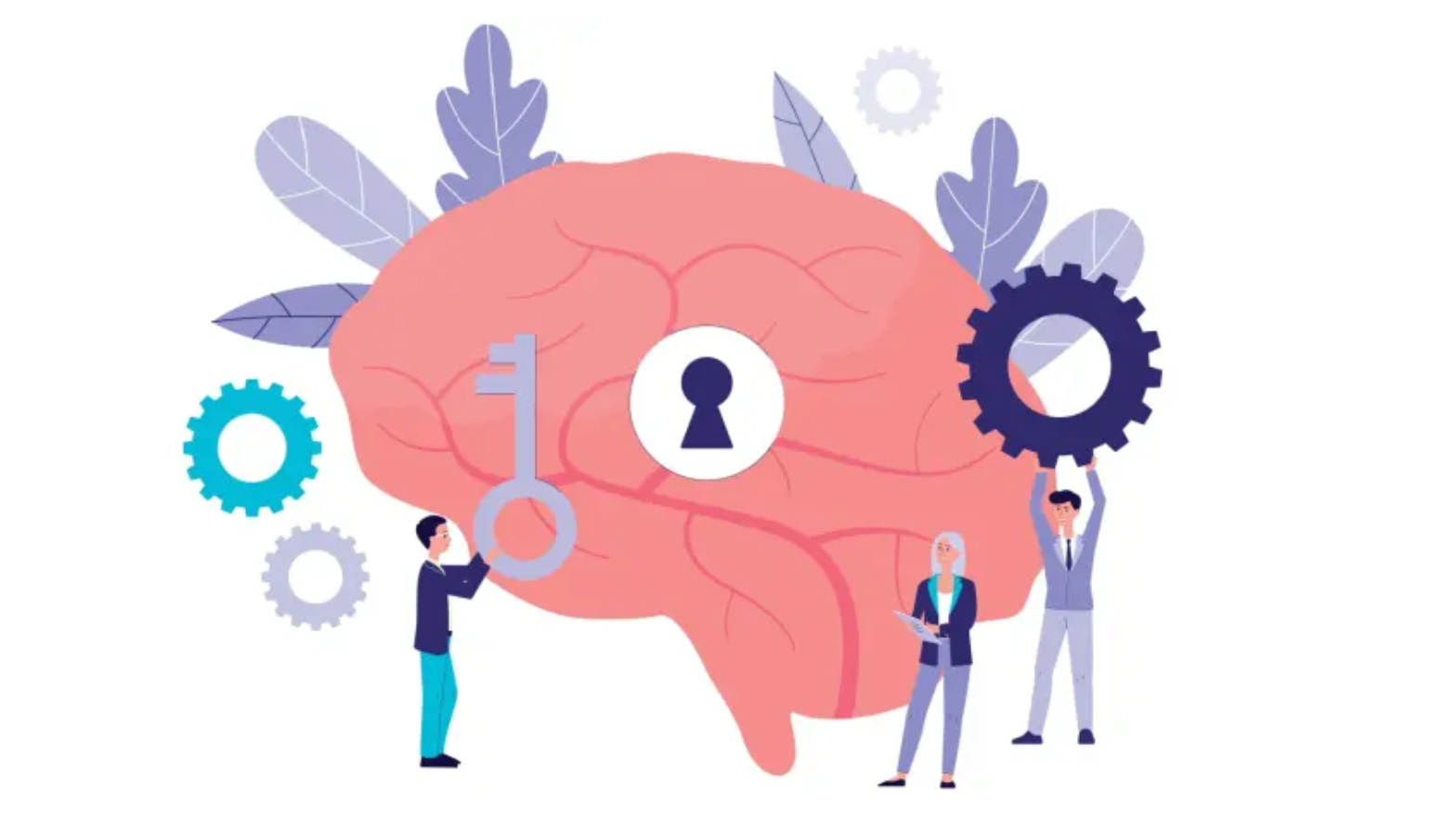Published
|Last updated
Neuromarketing
Find out what Neuromarketing means - in online marketing. Click and read more.
Published
|Last updated
Find out what Neuromarketing means - in online marketing. Click and read more.
![What is Neuromarketing - Definition [Marketing Dictionary]](/assets/img/dictionary-background.webp)
What is Neuromarketing
Neuromarketing - is an interdisciplinary field of marketing that combines knowledge from neuroscience, psychology, and behavioral science to understand how consumers respond to specific advertising stimuli at the subconscious level. Neuromarketing aims to optimize traditional marketing methods by better understanding what attracts attention, inspires trust, and prompts purchase.

Consumer neuroscience research involves applying neuroscience knowledge and research to marketing to understand how different parts of the brain respond to traditional marketing stimuli. Neuromarketing techniques such as eye-tracking, functional magnetic resonance imaging (MRI), electroencephalography (EEG), and other techniques to measure physiological responses to study the brain’s unconscious processes during purchasing decisions. This information helps marketers create more effective advertising campaigns, design attractive product packaging, optimize shopping experiences, and personalize customer communications.
Using Neuromarketing in marketing research involves applying knowledge about human brain function to optimize communication and sales strategies. Here are some ways to use it:
Neuromarketing directly impacts purchasing decisions, allowing marketers and researchers to understand better what brain processes influence consumer choices. Here are some critical aspects of how neuromarketing relates to purchase decisions:
The future of neuromarketing promises to be an era of further development and integration with advanced technologies. With advances in neuroscience and artificial intelligence, it will be possible to map and understand consumer decision-making processes even more accurately. Neuromarketing will continue to explore the brain’s unconscious responses to marketing and advertising, allowing companies to create more personalized and compelling shopping experiences. Increasing emphasis will be placed on the ethical use of neuromarketing knowledge to ensure that these practices serve the welfare of consumers and do not violate their privacy.
❤️ Spread the word! ❤️
Found this guide valuable? Share it with your colleagues to help them boost their local marketing results too!
Powered by Localo 2026